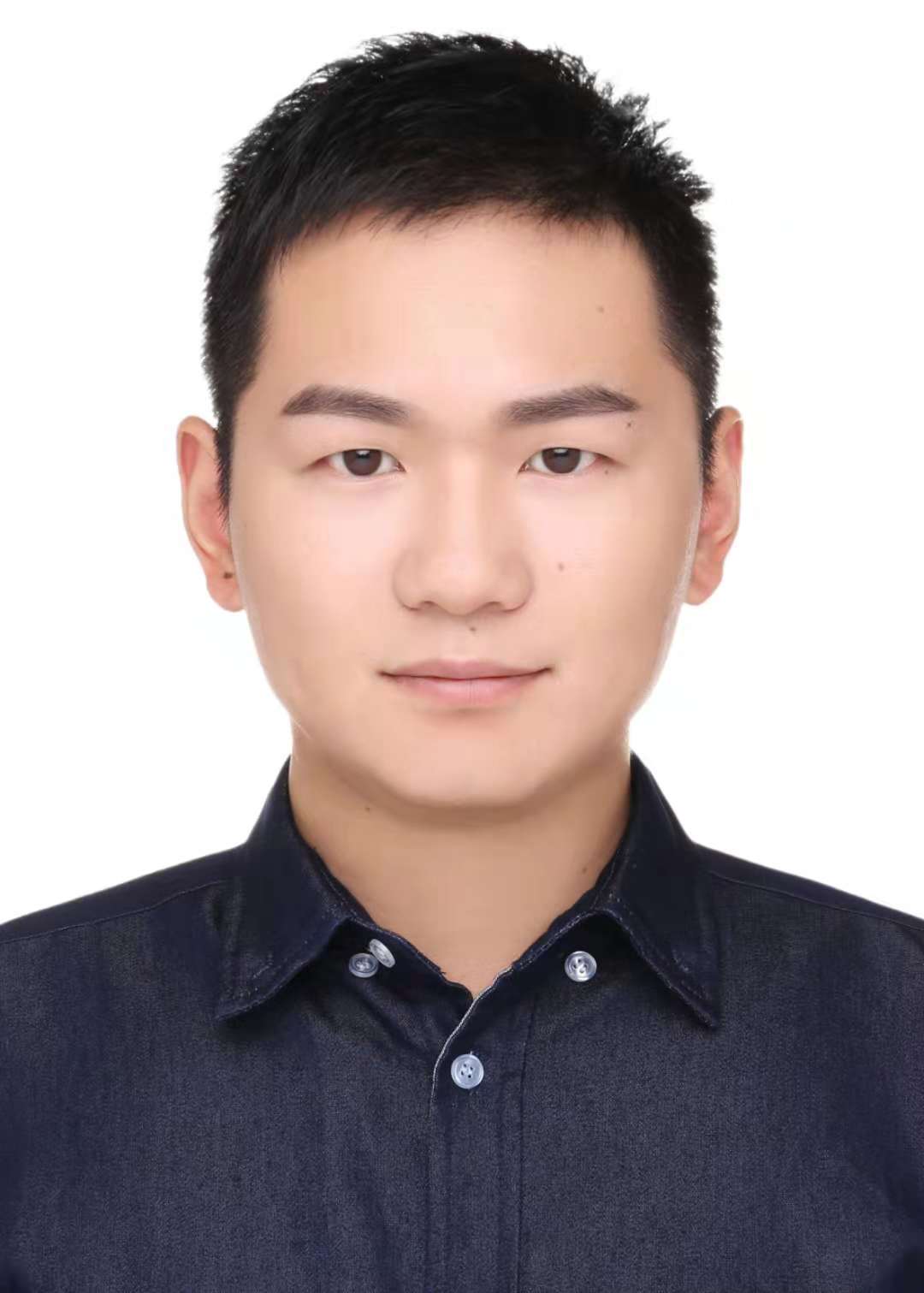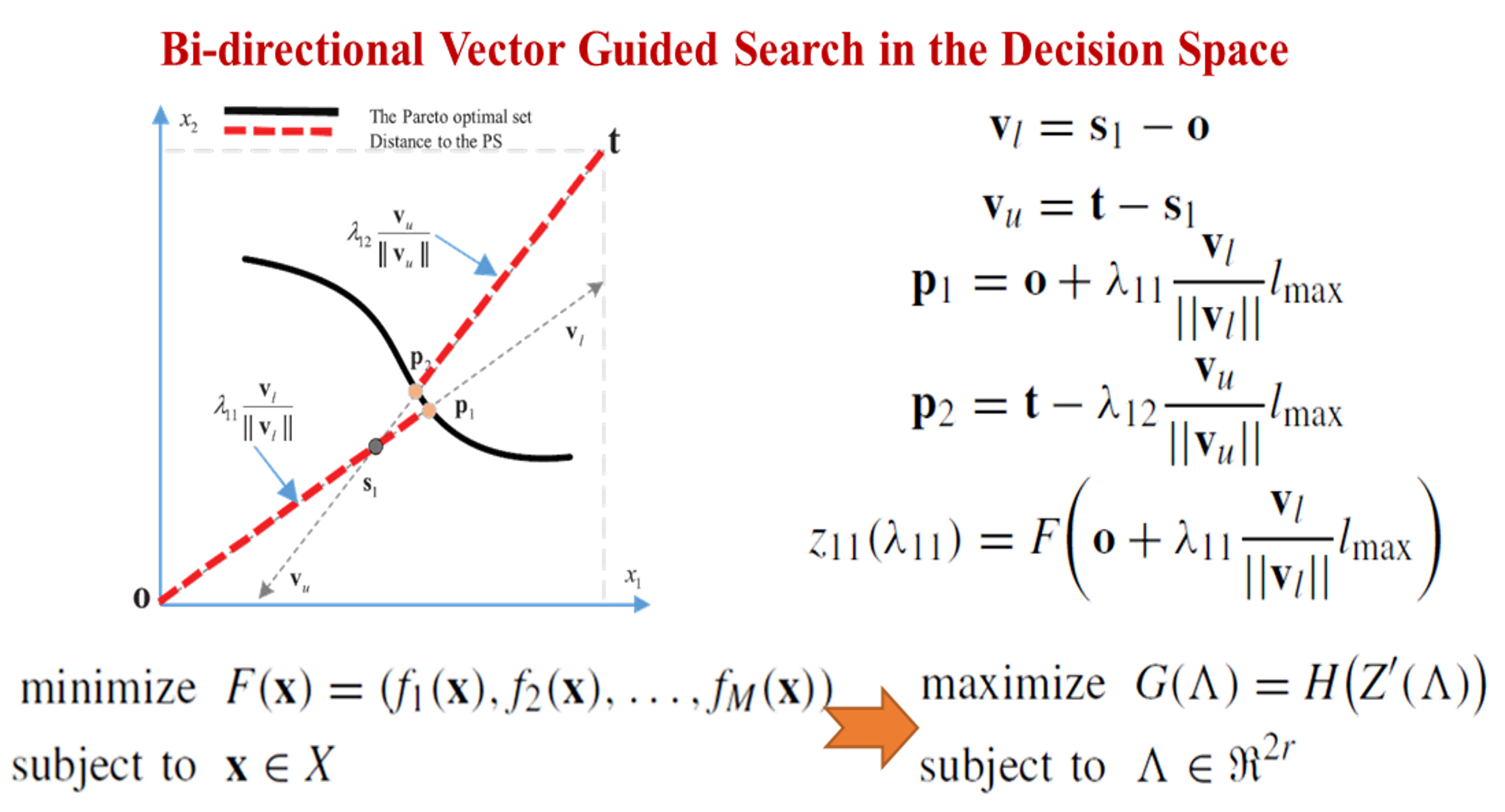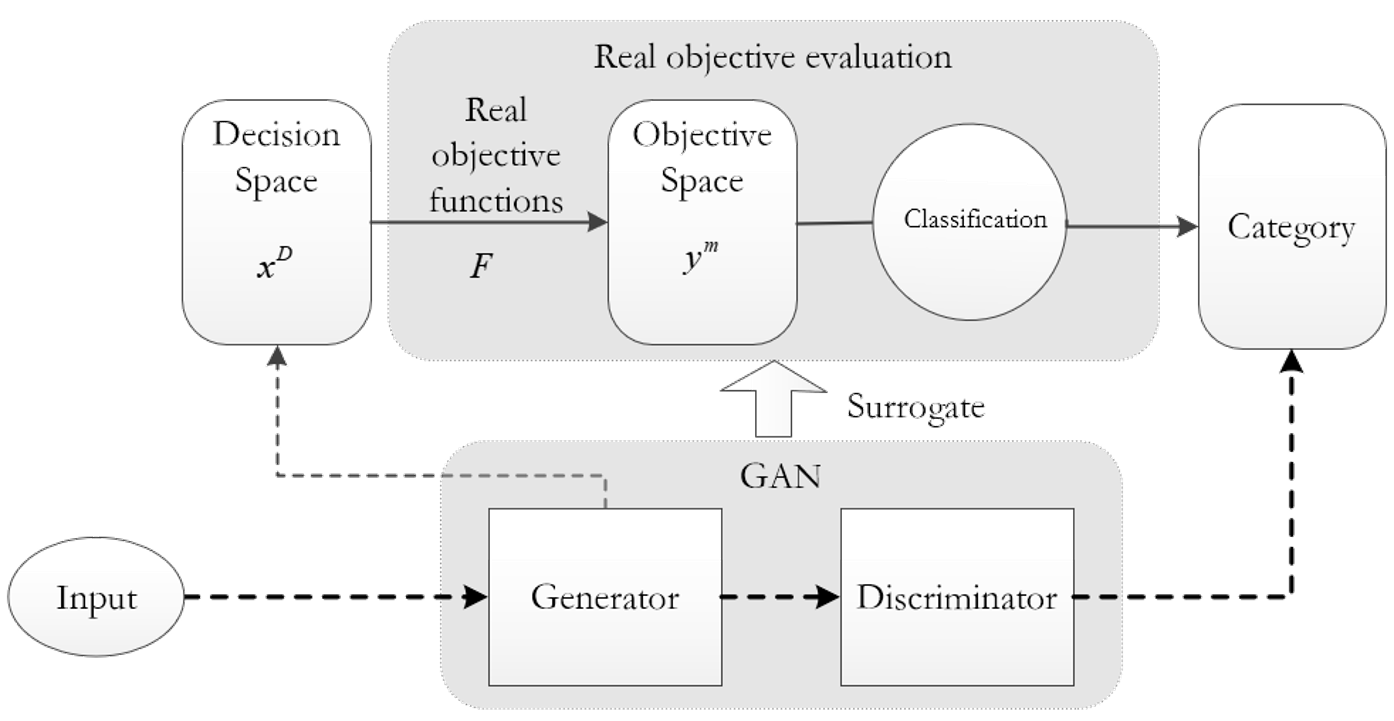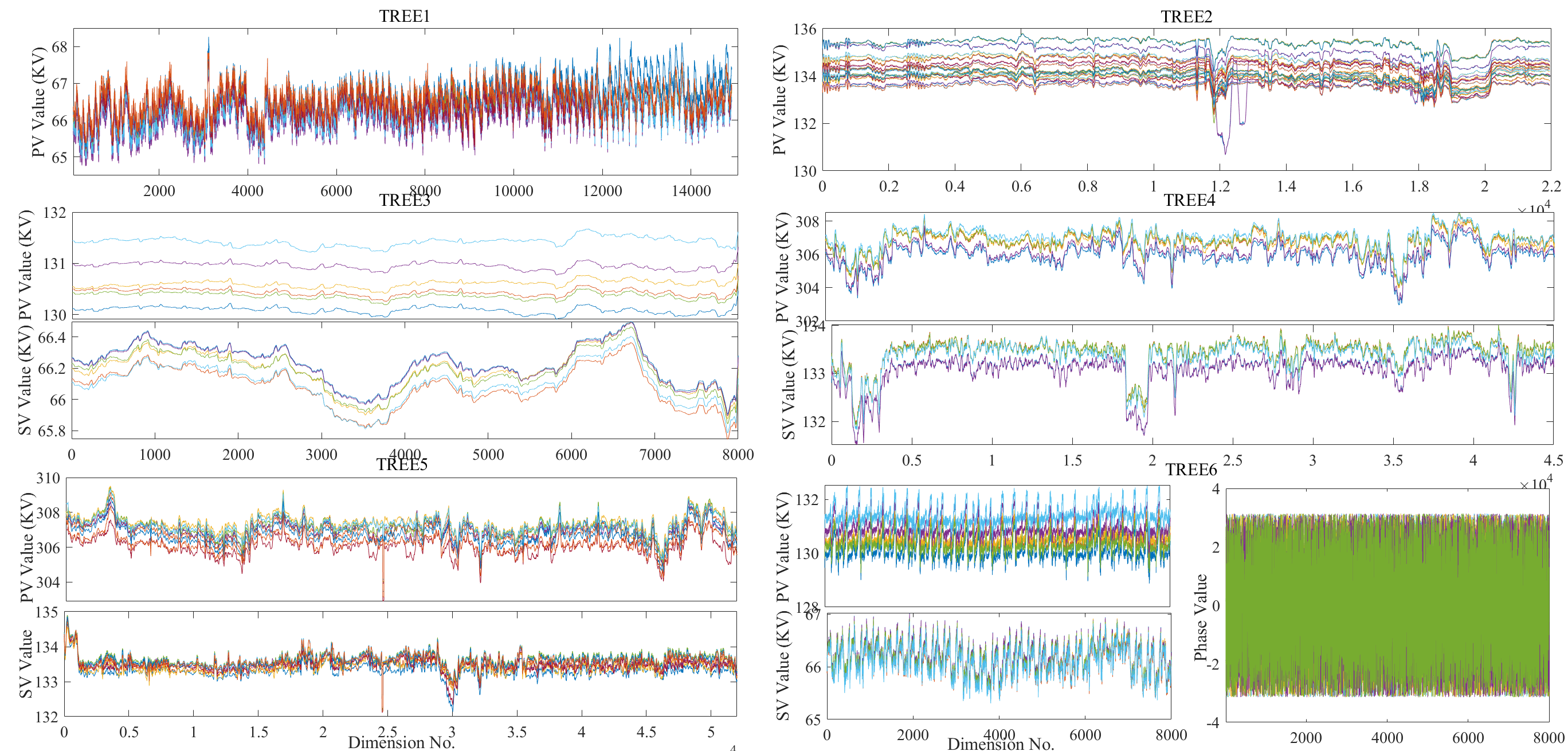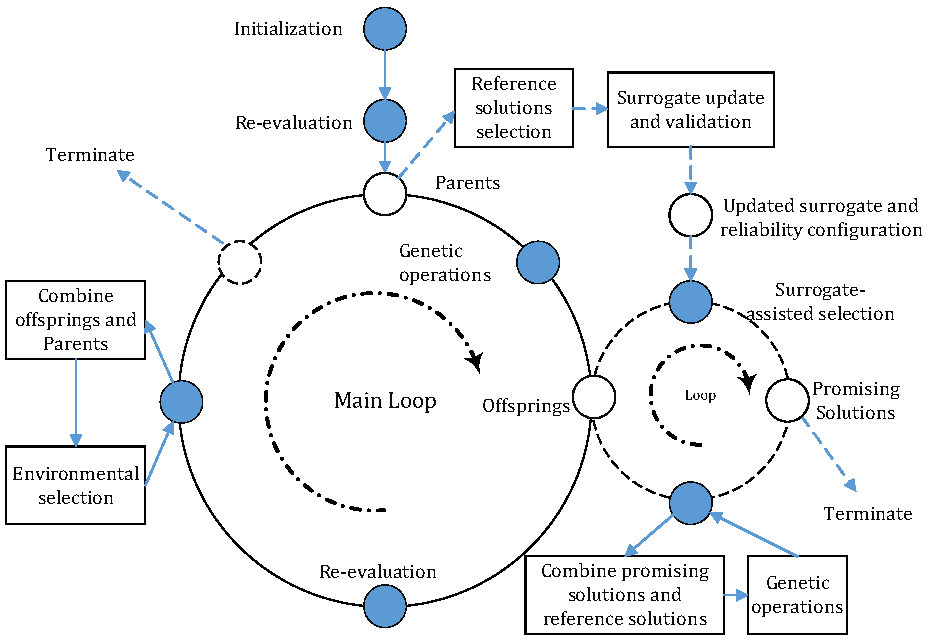💼 Associate Professor, Associate Head of
Department
🏫 Huazhong University of Science and Technology (HUST)
⚡ IEEE Senior Member | 📧 chenghehust [at] gmail.com
Dr. Cheng He is currently an Associate Professor with the School of Electrical and Electronic
Engineering,
Huazhong University of Science and Technology, China.
🔍 Research Interests: Artificial/Computational Intelligence (including evolutionary
multi-objective optimization,
model-based optimization, large-scale optimization, etc.).
🌐 Google Scholar / Github / LinkedIn
